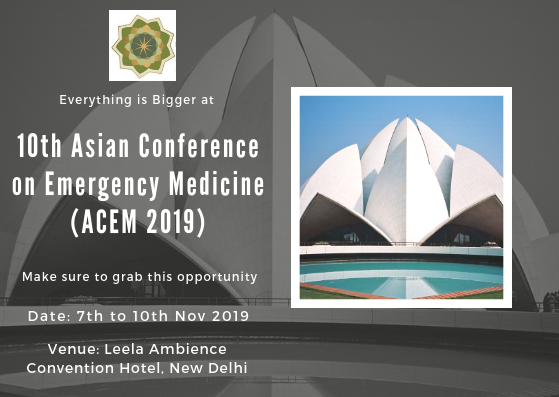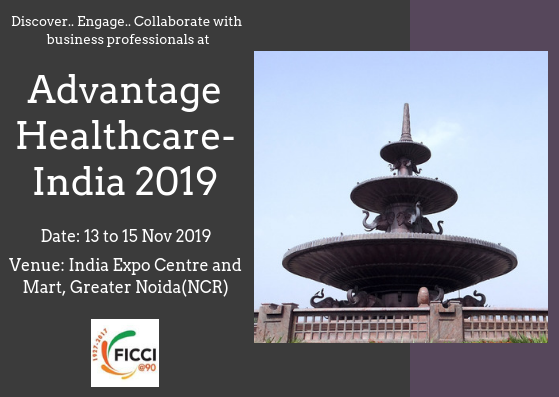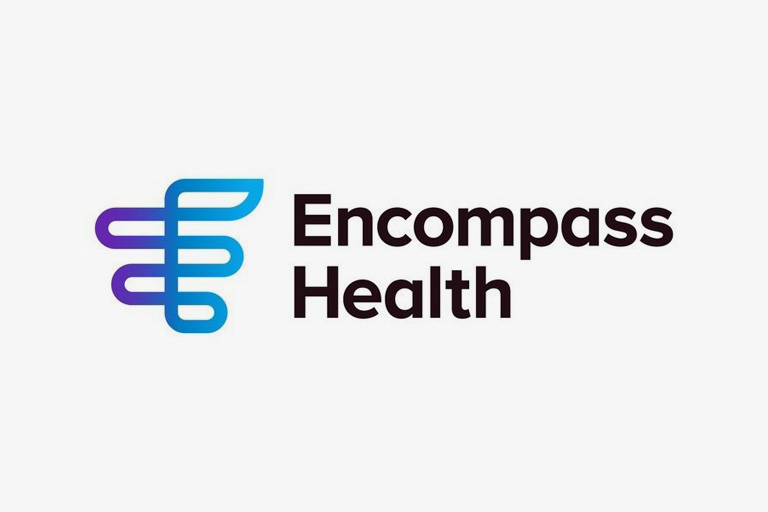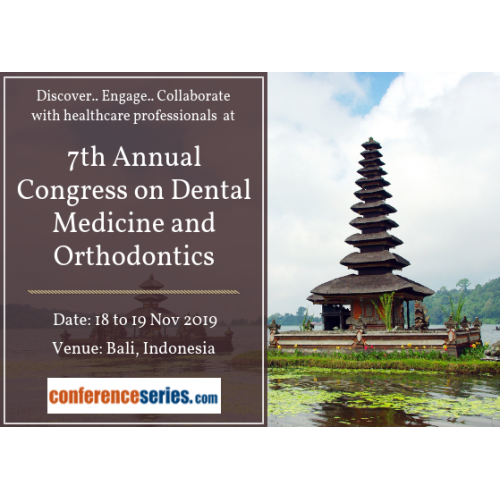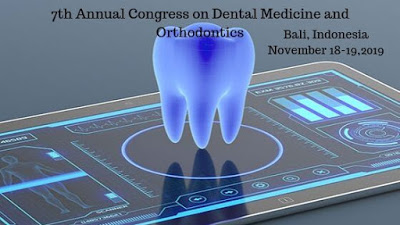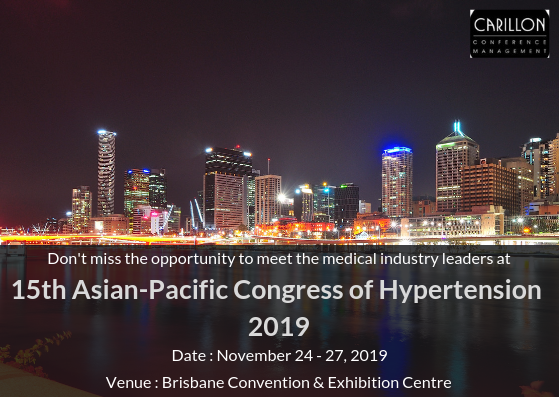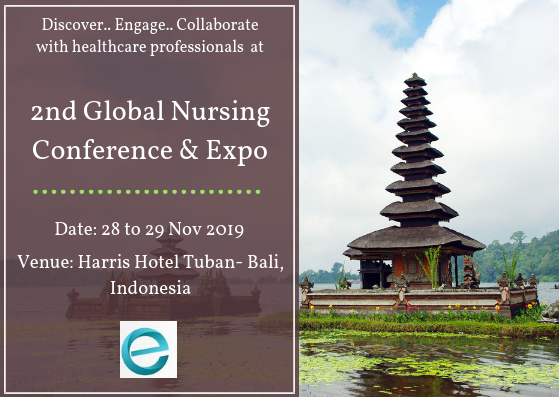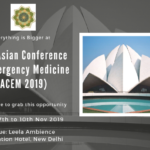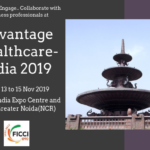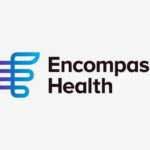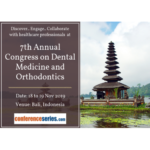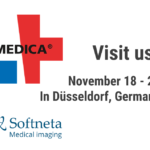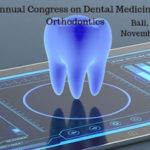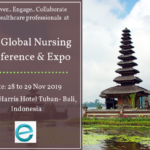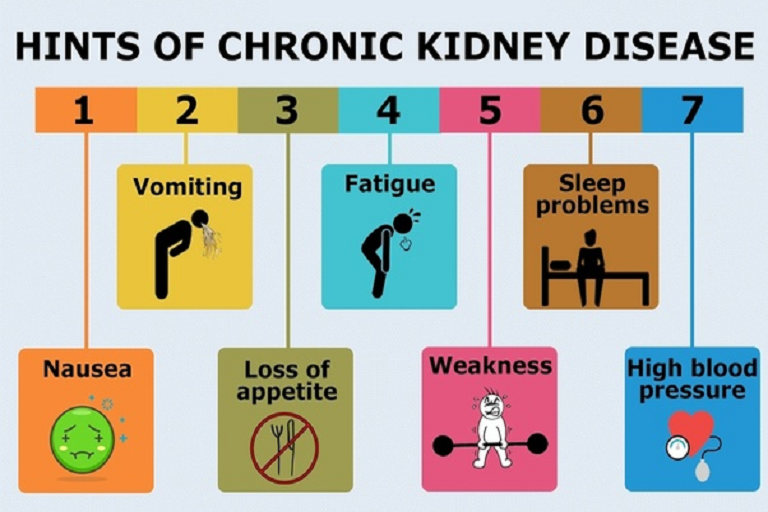Managing Chronic Kidney Disease: Life Saving Steps Learned From Native Americans
By Thanh Tran, CEO, Zoeticx and Donald Voltz, MD, Aultman Hospital, Medical Director of the Main Operating Room and EMR Industry Advisors
For years, hypertension has dominated the healthcare field, afflicting 45 percent of all adult Americans, inducing a number of lethal complications in patients across the country. Another disease that has gained renown in the world of healthcare is diabetes,afflicting 10.5 percent of the U.S. population with its own complications.

Healthcare professionals have allocated untold assets in the form of time, money, and personnel to minimize the impact such diseases pose yet the relative obscurity and lack of funding towards combatting Chronic Kidney Disease (CKD) is ironic, considering its impact on the world’s population.
CKD’s progressive loss of kidney function results in total kidney failure and end stage renal disease (ESRD). According to the Centers for Disease Control, CKD is an ailment that afflicts 15 percent of all adults in the U.S. and a staggering connection to hypertension and diabetes, the two leading causes of CKD with hypertension being of clinically significant note for care providers.
Hypertension and CKD exist in a positive feedback loop, with hypertension inducing and exacerbating CKD and vice versa. While early treatment would diminish the impact of CKD on all fronts, it is rarely diagnosed in its earliest stages.
CKD is categorized into five stages that are based on glomerular filtration rate (GFR) of the kidneys, with stages one-three being mild inhibition of kidney function, stage four being moderate inhibited kidney function, and stage five being ESRD or near kidney failure. Though diagnosing CKD would only require a trifling blood or urine test, such tests are rarely requested in its early stages due to its relatively innocuous symptoms arousing no immediate concern among patients and care providers.
By the time patients exhibit symptoms and proactively seek out their care provider, they may have already entered the later stages of CKD and require more intensive procedures such as dialysis or a kidney transplant. From a humanitarian and monetary standpoint, the U.S. healthcare system MUST improve its CKD treatment plan if it wishes to prevent undue suffering on its constituent’s part.
In 2020, the Center of Medicare and Medicaid Services published a comprehensive guide on primary care for CKD patients. The study noted that racial and ethnic minorities are likely to progress from CKD to ESRD compared to Caucasians and explored potential strategies at containing this epidemic.
Learning From Native American Indians
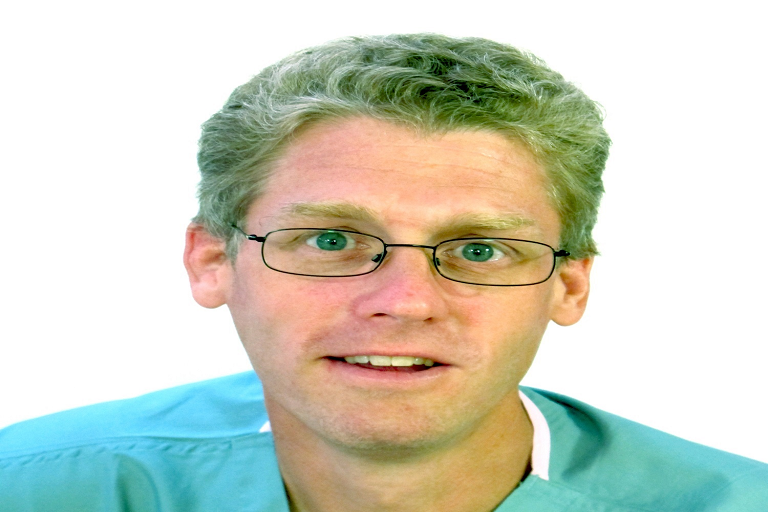
A notable example of a resounding success in CKD management was found in the Indian Health System’s (IHS) novel strategy on CKD surveillance and treatment. American Indians and Alaska Natives (AIAN) had a whopping 57.3 percent incidence rate for diabetes related ESRD in 1996. In 2013, that value was cut in half, lowering down to a mere 26.5 percent in 2013. This drastic change corresponded with the IHS’ bold strategy where they opted to take proactive steps in identifying and treating CKD in early stages.
The CMS study noted three major steps undertaken by IHS that had a significant effect on patient outcomes. These steps were:
• CKD identification
• Treatment and monitoring of CKD progression
• Patient-centered care approach.
During the COVID-19 pandemic’s worst outbreak, the American Indians and Alaska Native (AIAN) community, like so many others, haveadopted lockdown procedures to slow the spread of the disease. Though many may argue the efficacy of the lockdowns themselves, a question very few dares ask is how the lockdowns affected other conditions.
Due to local legislature advising residents to stay at home, there have been numerous recorded incidents of weight gain across the country, a phenomenon known as “Covibesity”. With obesity being a major risk factor for both diabetes and hypertension, it would be prudent to enact the IHS’ novel strategy on CKD management on a wider scale.
Applying the IHS Model
Though the IHS’ strategy at combatting CKD is a model that all other healthcare systems should aspire to,additional changes are required to apply it. One scalable change is the fact that the IHS’ model only targets CKD for patients with diabetes. Its policy of testing all diabetes patients for CKD on a regular basis would be economically impossible due to the sheer number of patients and tests.
When they exhibit the earliest signs of CKD or any other ailment, they would be promptly tested and be further advised from their primary care provider on how to maintain their own health. It is a process that can be implemented on a widespread level without stressing our already overtaxed healthcare system.
The U.S. healthcare system can also leverage CMS preventive initiatives such as Annual Wellness Visit (AWV), Chronic Care Management (CCM), and Remote Physiologic Monitoring (RPM)for reimbursement for their services, while improving patient outcomes. Another change regarding the IHS’ strategy is the ability to give proper healthcare procedures or testing to more rural regions where healthcare personnel are a rarity.
Integrating Preventative Healthcare
According to the CDC, rural residents suffer from a number of challenges absent in the day to day lives of their urban peers. One of the most notable ones is limited access to healthcare. Health IT solutions can be brought in for monitoring and tracking patient conditions, they cannot test patients at home, nor can they give lifesaving treatments such as dialysis for ESRD patients.
The CMS’ official strategy guide states a number of strategies to rectify this issue, but they are unlikely to be effective long-term solutions such as waivers to cover travel and allowing health care providers to provide their services up to the limit of their licensure. However, these solutions either limit patient quality of life as seen in the former or serve as short term solutions for the latter.
Mobility and Telemedicine
Instead, we believe that the next step in healthcare is not to optimize paths for patients to reach healthcare providers, but to bring healthcare providers through the use of mobile care units. Mobile care units are vehicles retrofitted to offer clinical care anywhere in the U.S. and manned by licensed care providers.
The primary benefits for mobile care units are the fact that they decrease patient travel times by arriving at their residences and ensuring that appointments are never missed. It also relieves the stress of finding transportation for dialysis patients, outright eliminating the need for the CMS to find alternative transport methods for patients.
By utilizing mobile care units alongside health IT solutions for preventive care services, the CMS can finally do the impossible and establish a basic healthcare standard for rural citizens. No longer will patients have to suffer prolonged travel times, diminished healthcare from overworked personnel, or neglect due to insufficient resources if the burdens of rural health are shouldered by modern technology. The above approach is also applicable to address the need for elders in senior living communities and home assisting living facilities.
Four Steps In CKD Progression Management
We advocate for four major steps in CKD progression management:
1. Avoid CKD by leveraging CCM services to cover all chronic conditions. Zoeticx can create a CKD early detection program to preventits progression towards CKD by managing risk factors such as hypertension and diabetes.
2. Identify chronic kidney disease early. This step has been outlined in CMS guideline for CKD, focusing on early and scheduled CKD testing. Providers need to leverage AWV and CCM to reduce the frequency of testing, but rely on actual data and patient conditions to trigger CKD testing. The change will enable healthcare systems to scale up.
3. Treat and monitor CKD by slowing down multi-stage CKD growth with the goal of avoiding progression toward stages four or five. For CKD patients, CCM management covers symptoms, medication, lifestyle and diet activities while RPM service with continuous care monitors physiologic data, sleep pattern, exercise (lifestyle) and improves care providers’ effectiveness for CKD treatment.
4. Ease of medical access for ESRD.While most preventive care initiatives can be delivered remotely, special services such as testing and dialysis require patient and care provider touch-points. Ease of medical access is about bringing care providers to the patients, removing the transportation challenges for elder and or rural patients. Mobile care unit can provide such access and improve quality of life for elder patients or patients living in rural demographics.














